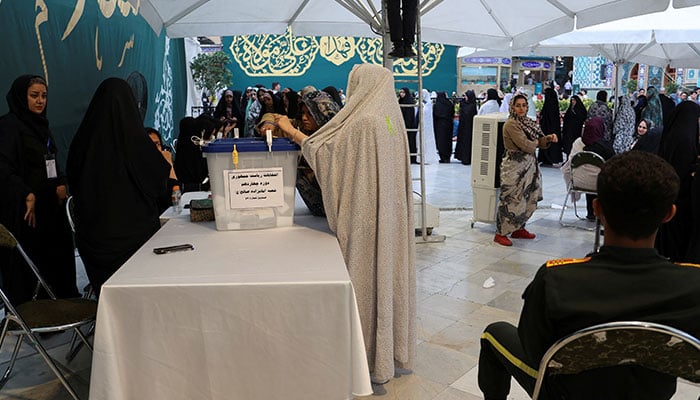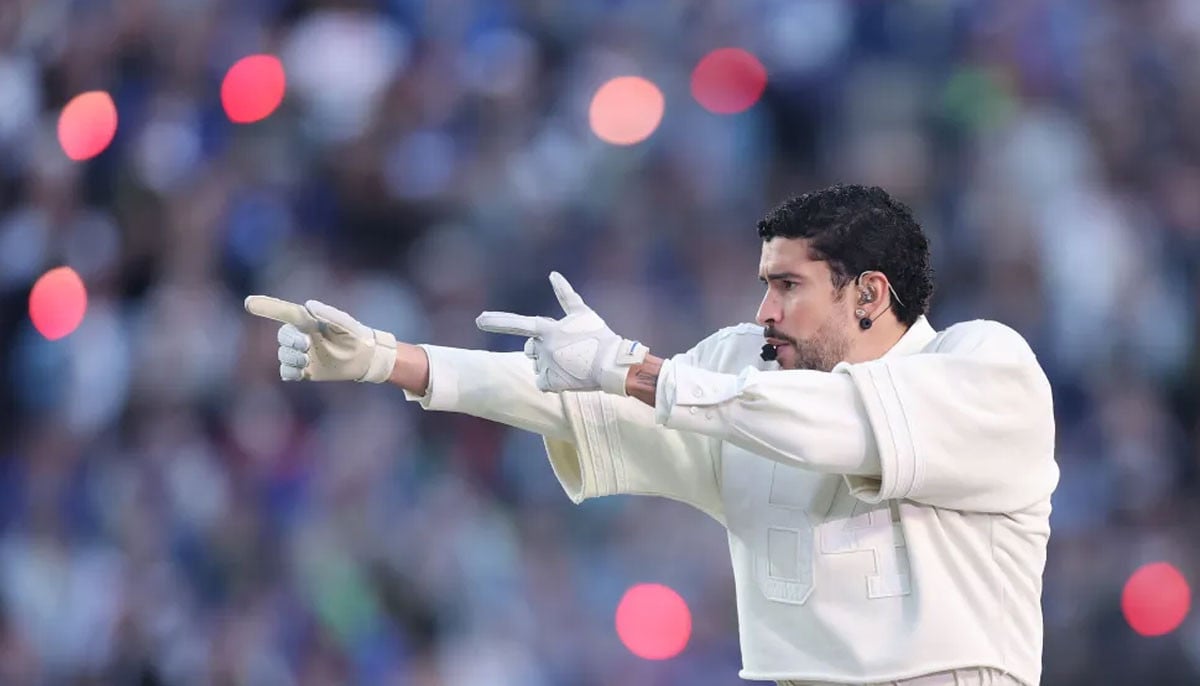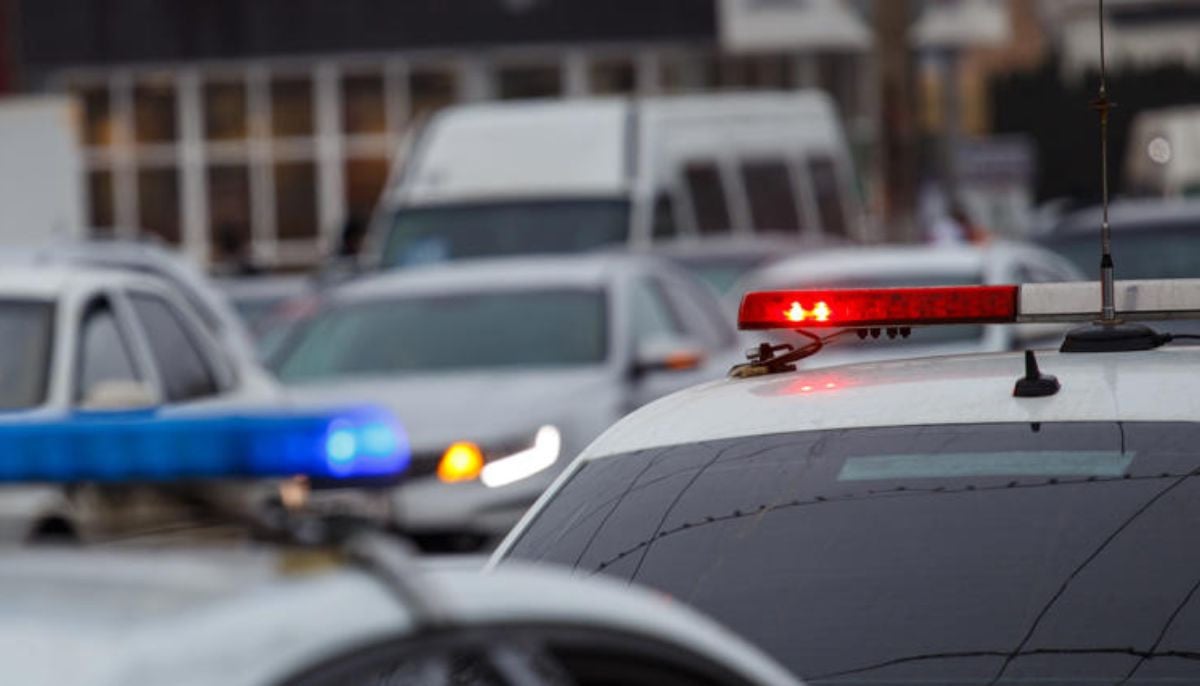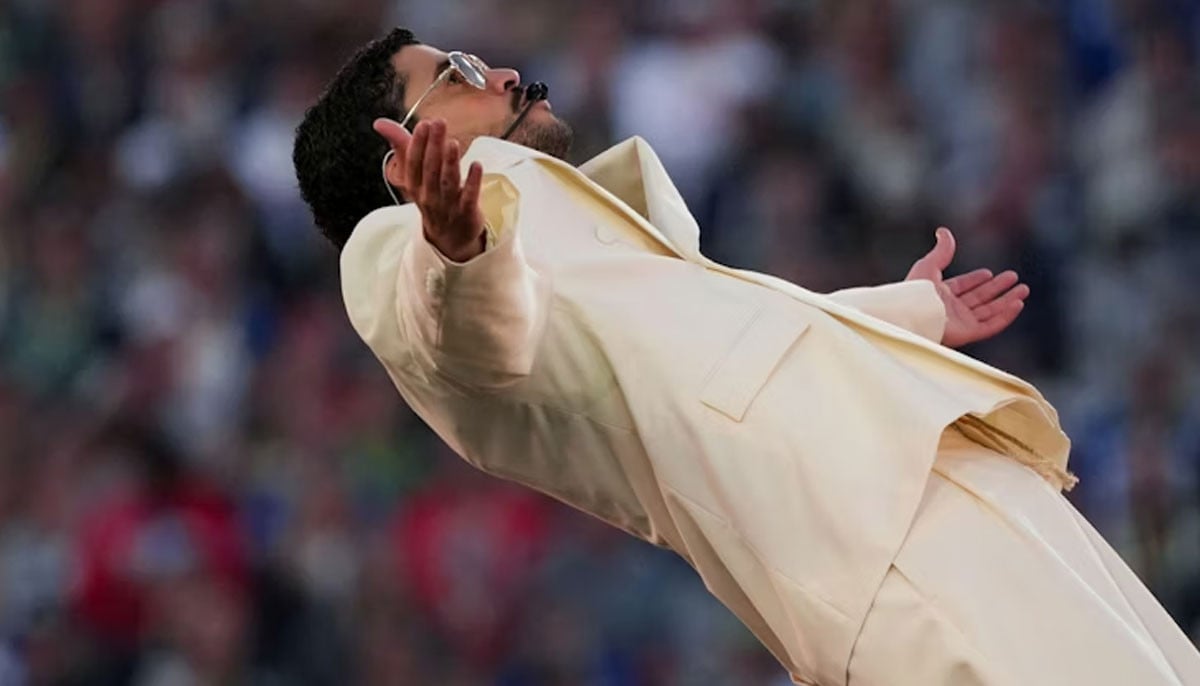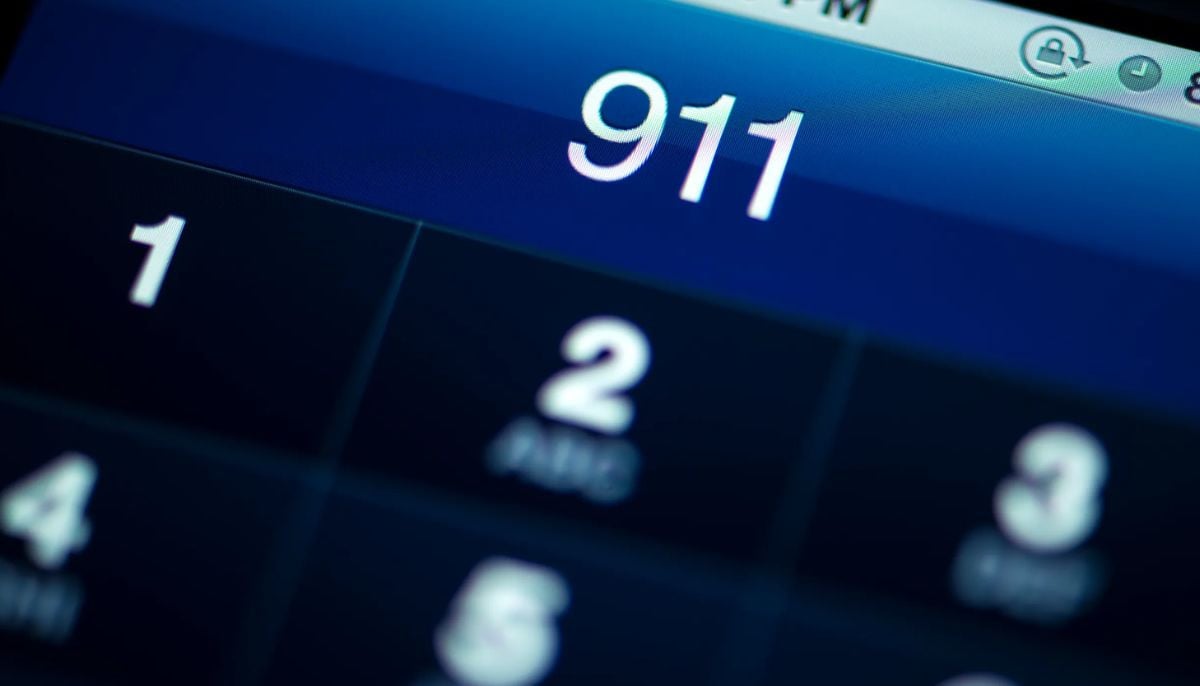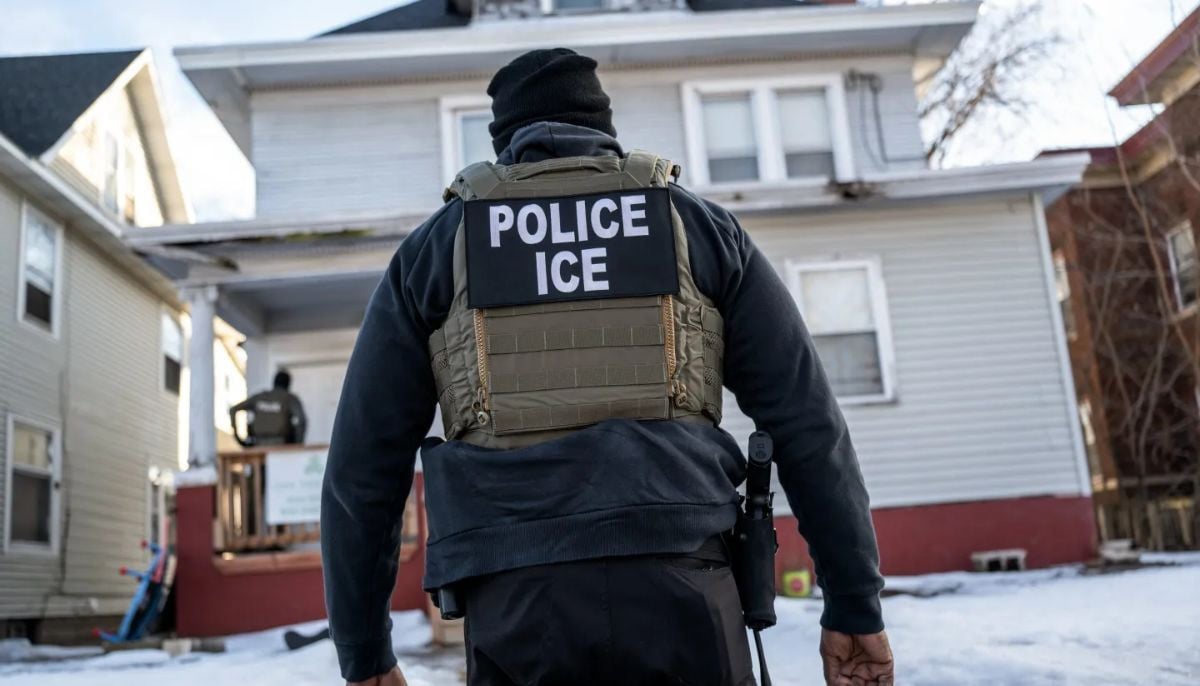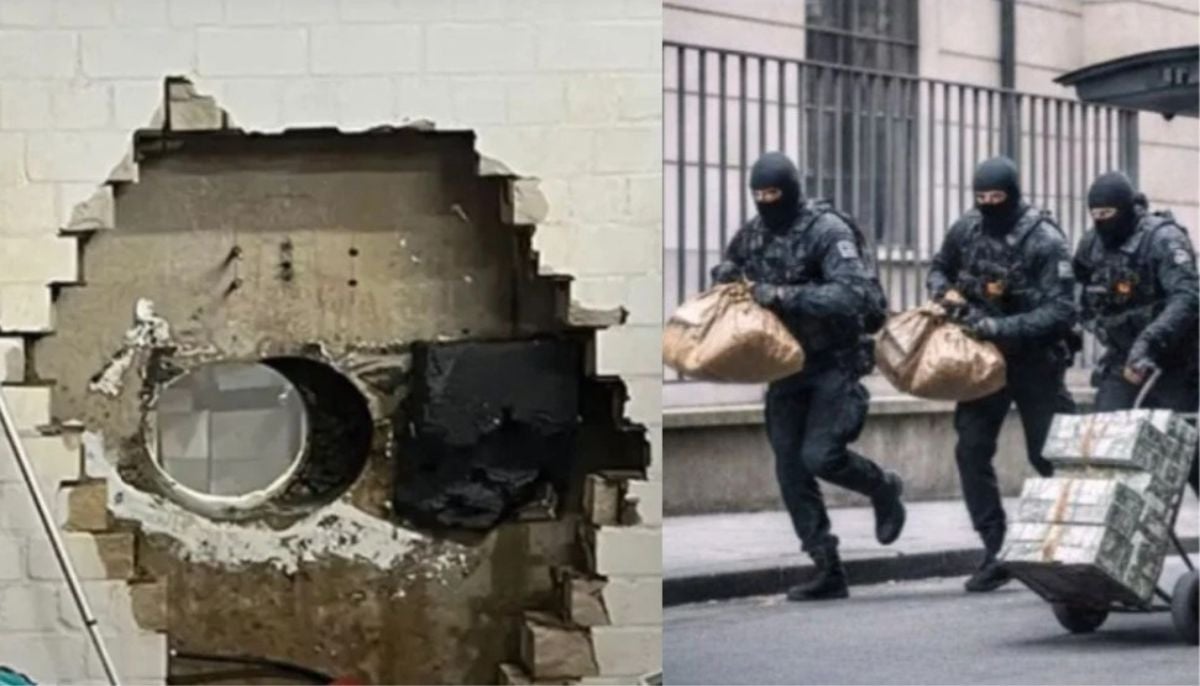Iran heads to run-off presidential polls after candidates fail to secure over 50% votes
Country reports lowest-ever turnout; Massoud Pezeshkian and Saeed Jalili to compete in second round on July 5
TEHRAN: Iran has announced holding run-off presidential election on July 5 after neither of the candidates managed to secure more than 50% votes in Friday's polls.
Announcing the run-off polls, Interior Ministry spokesperson Mohsen Eslami said: "None of the candidates could garner the absolute majority of the votes, therefore, the first and second contenders who got the most votes will be referred to the Guardian Council for the second round."
It is to be noted that the presidential polls weren't due until 2025 and were only brought forward after late president Ebrahim Raisi died in a helicopter crash last month.
The polls coincide with escalating regional tension due to the war between Israel and Iranian allies Hamas in Gaza and Hezbollah in Lebanon, as well as increased Western pressure on Iran over its fast-advancing nuclear programme.
With more than 24 million votes counted moderate lawmaker Massoud Pezeshkian led with over 10 million votes ahead of hardline diplomat Saeed Jalili with over 9.4 million votes, the interior ministry said on Saturday.
The run-off will see Pezeshkian and Jalili contesting each other to secure their place as Raisi's successor as the duo emerged as leading candidates in yesterday's polls.
Pezeshkian 69, is a heart surgeon who has represented the northern city of Tabriz in parliament since 2008. He served as health minister under Iran's last reformist president Mohammad Khatami, who held office from 1997 to 2005 and has endorsed Pezeshkian's bid in the current elections.
Meanwhile, Jalili is a former nuclear negotiator and held several senior positions in the country, including in Supreme Leader Ayatollah Ali Khamenei's office in the early 2000s.
He is currently one of Khamenei's representatives in the Supreme National Security Council — Iran's highest security body.
As per Eslami, parliament speaker Mohammad Bagher Ghalibaf received about 3,383,340 votes and Mostafa Pourmohammadi had 206,397 votes.
Out of around 61 million eligible voters, some 24,500,000 voters headed to the polls, he added, with a turnout of around 40% — the lowest yet in the history of the country.
Out of Iran's 13 previous presidential elections since the 1979 revolution, only one has led to runoffs in 2005.
The Guardian Council, which vets electoral candidates had originally approved six contenders.
But a day ahead of the election, two candidates Tehran Mayor Alireza Zakani and Raisi's vice president Amir-Hossein Ghazizadeh-Hashemi dropped out of the race.
A pressing challenge faced by all the candidates is how they would tackle the prevailing economic woes of the people who are finding it difficult to make ends meet.
The next president is not expected to usher in any major policy shift on Iran's nuclear programme or support for militia groups across the Middle East, since Khamenei calls all the shots on top state matters.
However, the president runs the government day-to-day and can influence the tone of Iran's foreign and domestic policy.
A hardline watchdog body made up of six clerics and six jurists aligned with Khamenei vets candidates. It approved just six from an initial pool of 80. Two hardline candidates subsequently dropped out.
-
Poll reveals majority of Americans' views on Bad Bunny
-
Man convicted after DNA links him to 20-year-old rape case
-
California cop accused of using bogus 911 calls to reach ex-partner
-
'Elderly' nanny arrested by ICE outside employer's home, freed after judge's order
-
key details from Germany's multimillion-euro heist revealed
-
Search for Savannah Guthrie’s abducted mom enters unthinkable phase
-
Barack Obama addresses UFO mystery: Aliens are ‘real’ but debunks Area 51 conspiracy theories
-
Rosie O’Donnell secretly returned to US to test safety
